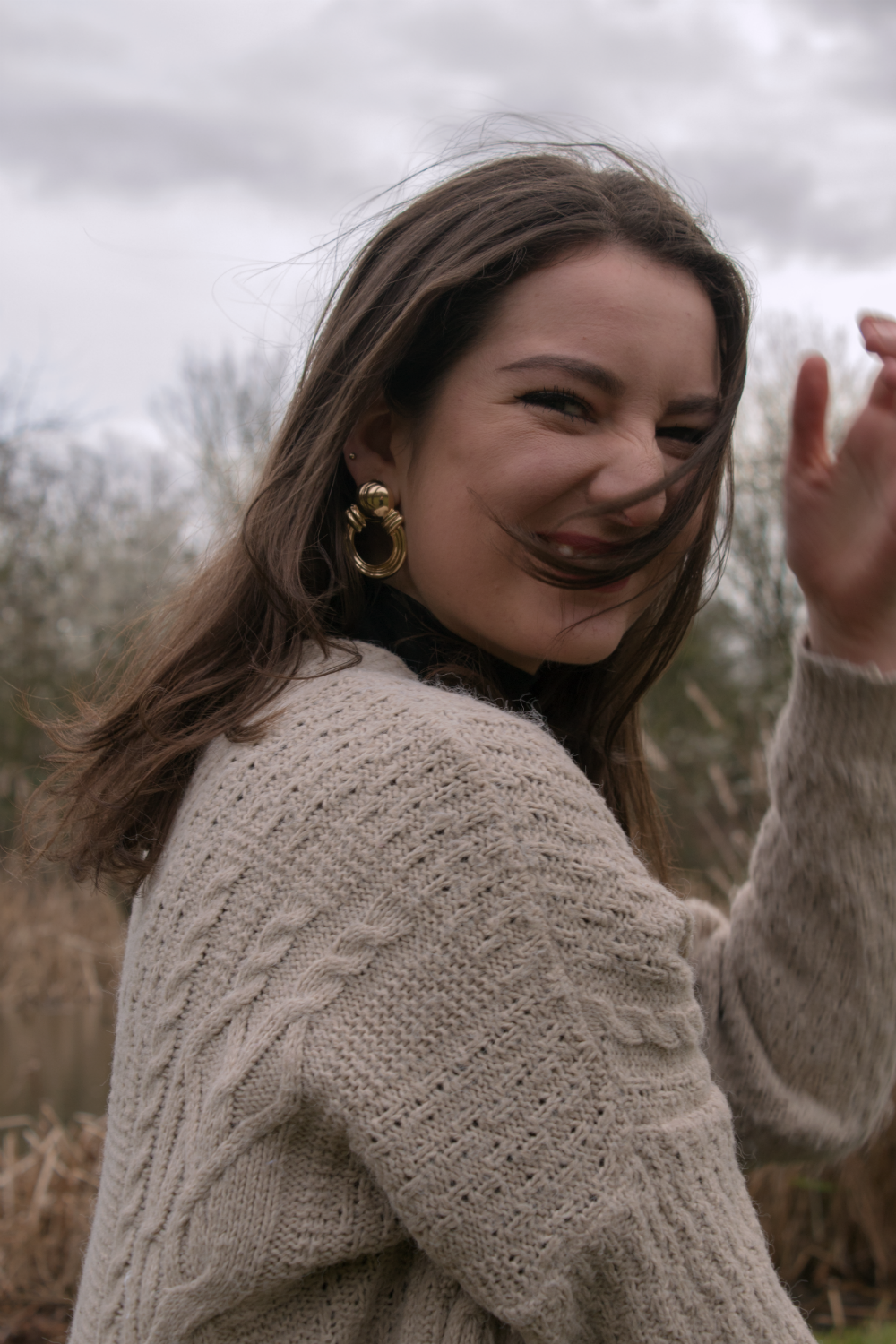I became a Paralympic champion after I was paralysed
A swimming accident transformed Alexandra Rickham's life aged 13 when she broke her neck. She speaks to Judy Bastyra about overcoming adversity to win five world sailing titles and her new status as an eco-athlete
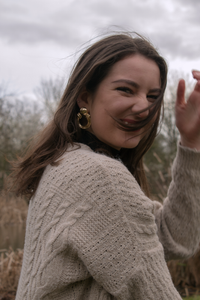
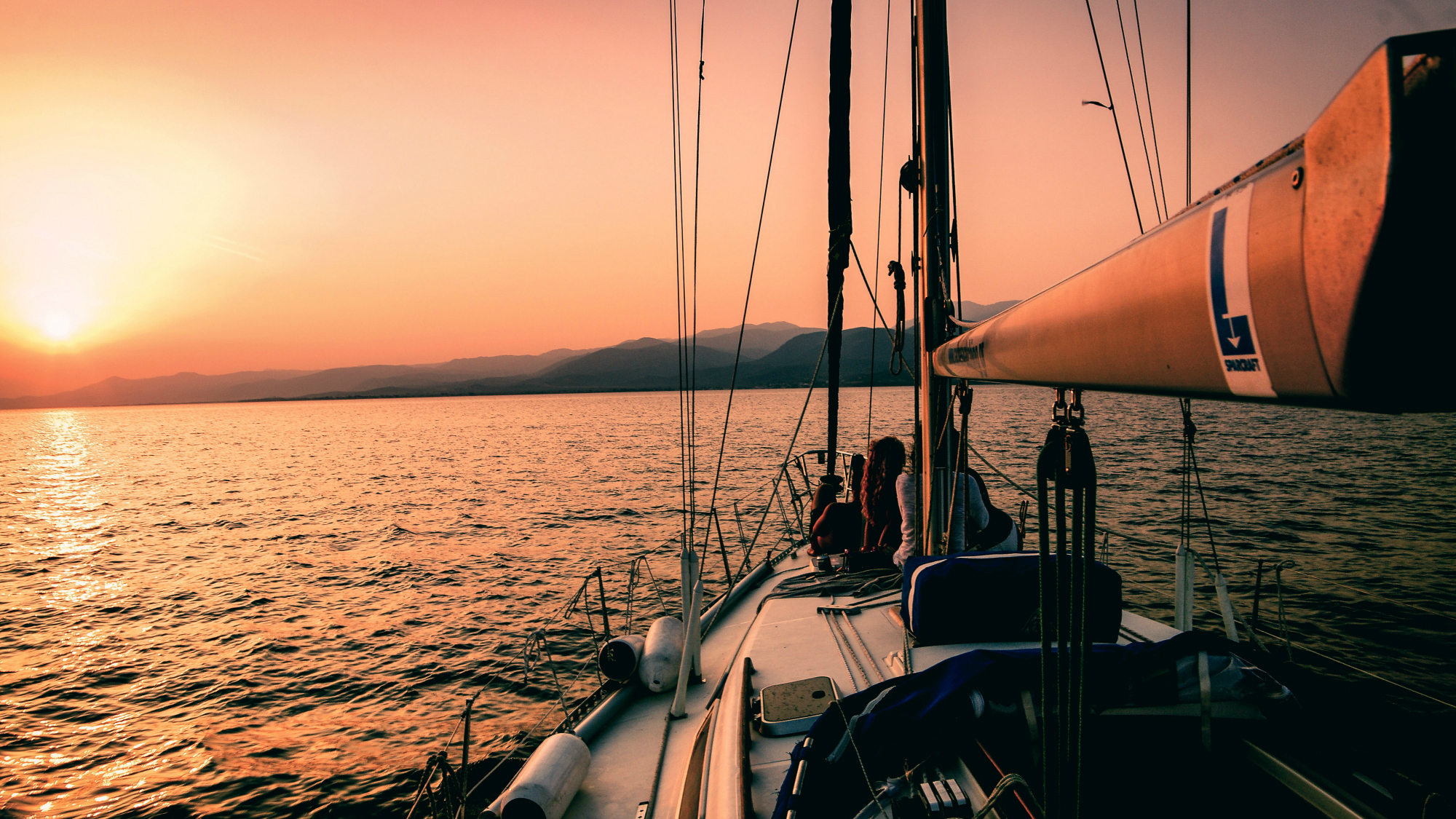
A swimming accident transformed Alexandra Rickham's life aged 13 when she broke her neck. She speaks to Judy Bastyra about overcoming adversity to win five world sailing titles and her new status as an eco-athlete
It was 25 years ago that I suffered a terrible accident that resulted in me becoming a tetraplegic/quadriplegia and full time wheelchair user. I was just 13 years old.
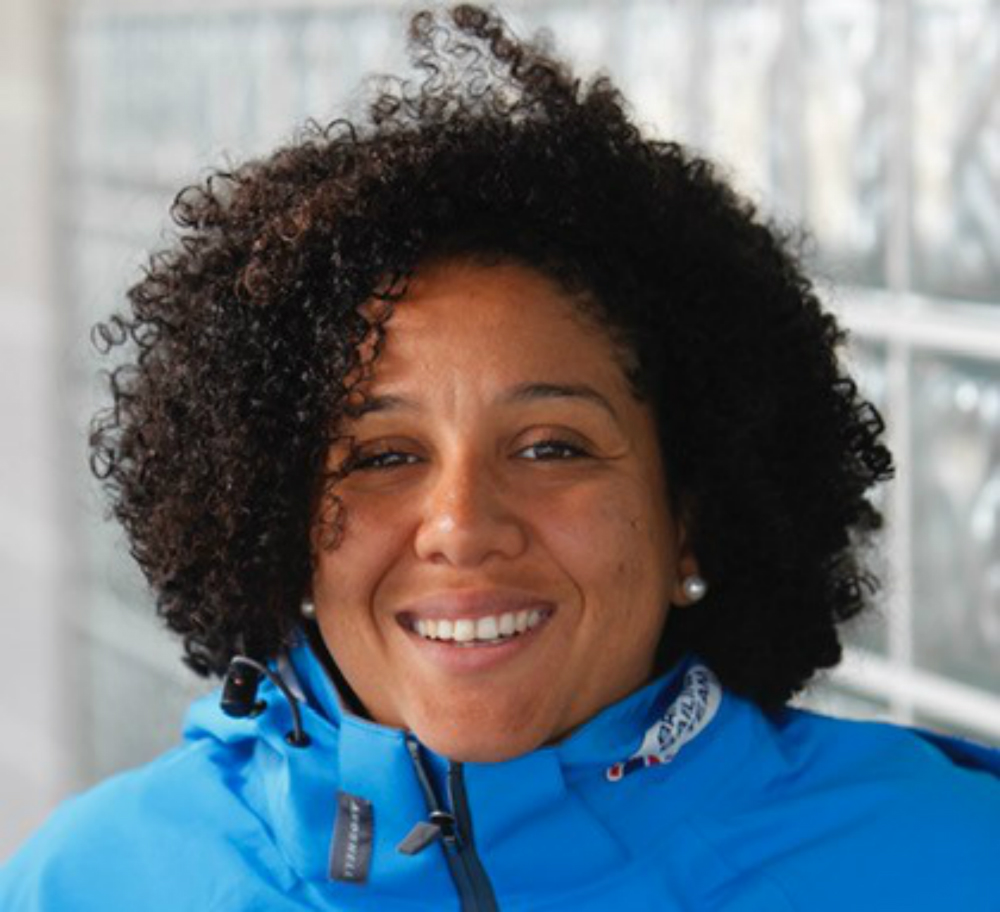
A trip to the beach during a holiday to Jamaica on July 30, 1995 was like any other swimming outing, but it was to be the last day I experienced life as I knew it. As I raced into the water and dived, something happened to my neck, and the next thing I remember was a numbness through my body as I stared at the white sand floor. I held my breath and within seconds was turned over by my 18-year-old sister. I knew in that moment I was paralysed.
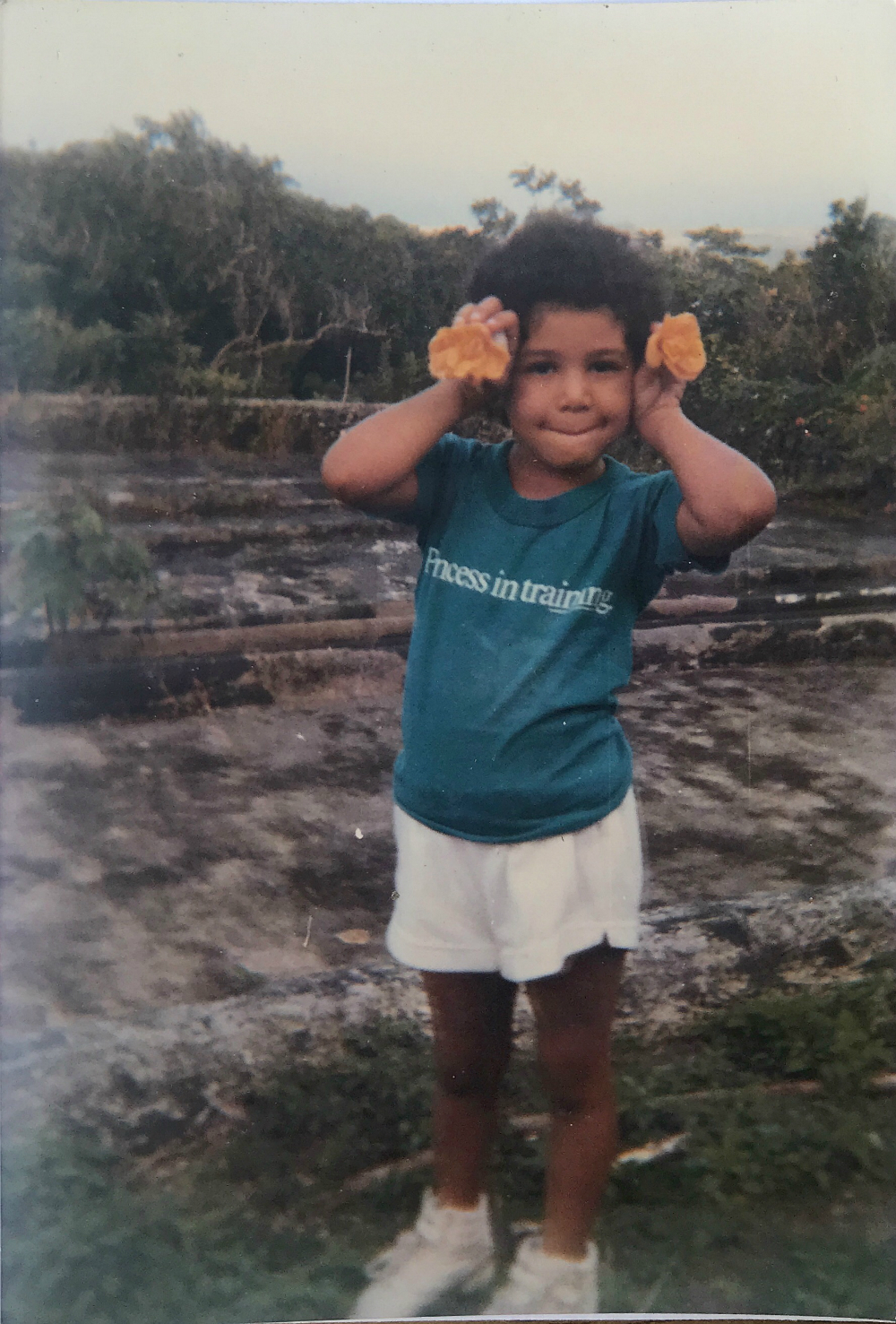
Up until this point, I'd had a happy life. A mixed race child born in Jamaica to a Jamaican Mother and British Father, I had an idyllic childhood. I lived an active outdoor lifestyle in the countryside surrounded by nature. At the time of my accident in 1994 I was living at boarding school in the UK, which I loved though I was one of only a handful of people who looked like me. I made many friends on the various sports fields and courts spread across the grounds and was an active child returning to Jamaica for summer holidays.
That day at the Kingston hospital in Jamaica’s capital they confirmed I had broken my neck. Three days later after a speedy air ambulance ride to Miami’s Jackson Memorial Hospital the diagnosis was a spinal cord injury resulting in tetraplegia (paralysis in all four limbs). I would likely be a wheelchair user for the rest of my life.
For many people this would seem like the end of the road. But for me, it was never going to be the case. At 13, my biggest worry was when would I return to school. Goals were set, from learning to eat through to transferring myself from one surface to another. Recreational therapy included swimming and sailing. Awaiting a place in a UK hospital my mum and I headed to Cuba for a short rehab stint then to the UK’s Stoke Mandeville National Spinal Injuries Centre.
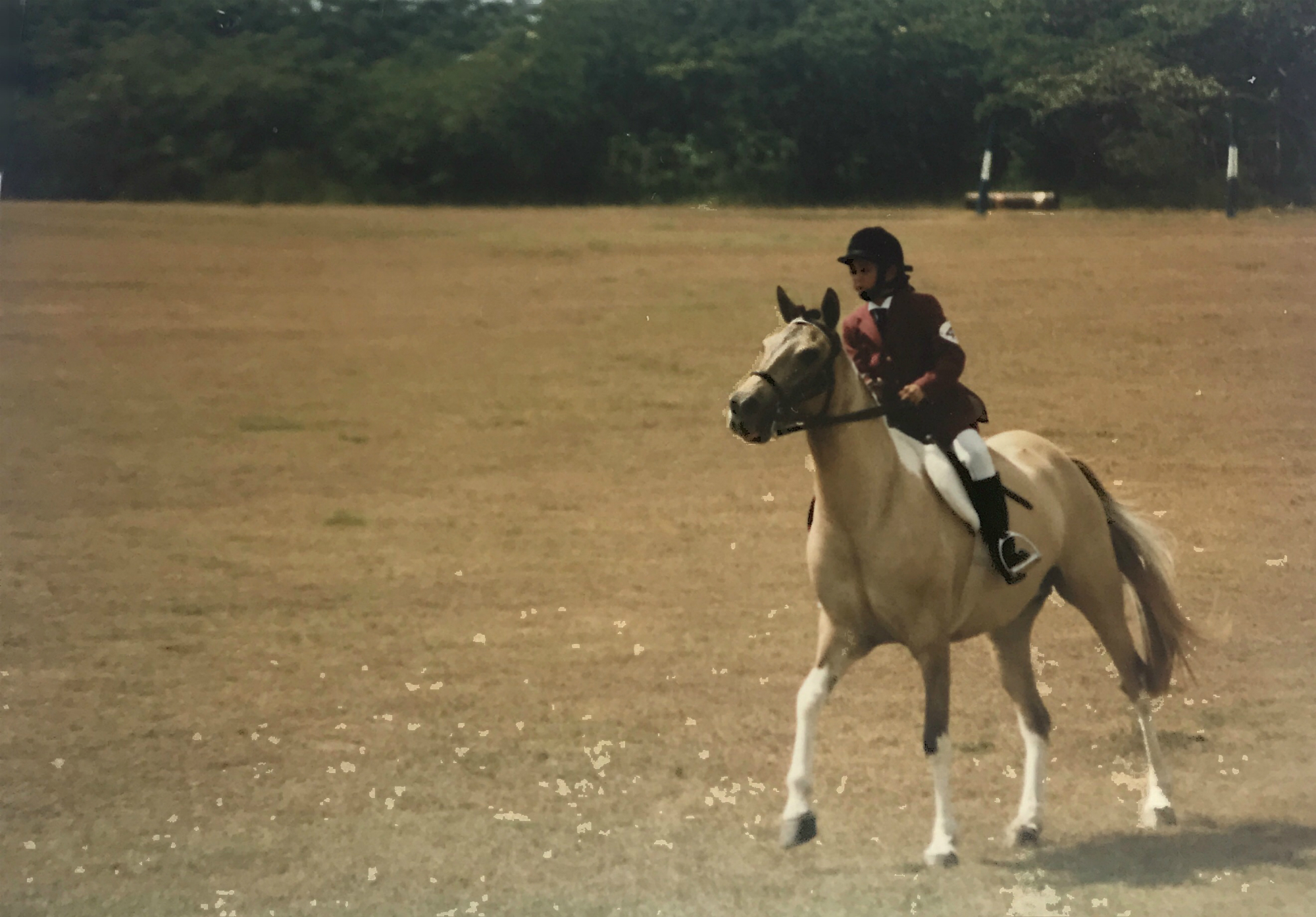
In September ‘96 aged 15, I had to face the hardest transition hurdle returning to school a shadow of my former self, using a wheelchair, no longer a boarder, in the year below and no involvement in school sport. I was dependent on full time assistance for most daily activities. My mother got me through the school years’ fighting many battles along the way and bolstering my confidence at every step. Her expectations of me never decreased. She wanted to ensure friends and family wouldn’t pity me. My focus became my education. I finished high school went on to University to study Natural Sciences. I tried to join the uni sailing club but didn’t have much luck so though slightly disheartened I moved on quickly to other activities.
Celebrity news, beauty, fashion advice, and fascinating features, delivered straight to your inbox!
Armed with a degree I was ready to conquer the world of work. But I soon realised my disability would affect my future. Excuses were made to reject me at interviews and not knowing my rights I had no idea I was being discriminated against. Instead, I headed to Imperial College to get a Masters in Environmental Technology instead.
But my life took an unexpected turn after I was approached by a member of the British Sailing Team’s development squad. I had the attributes (female and tetraplegic) to classify for the SKUD18 a new two-person boat premiering in Beijing 2008. Financial constraints ended the partnership but I had caught the bug and informed my parents that sailing was what I wanted to do. They sighed in despair.
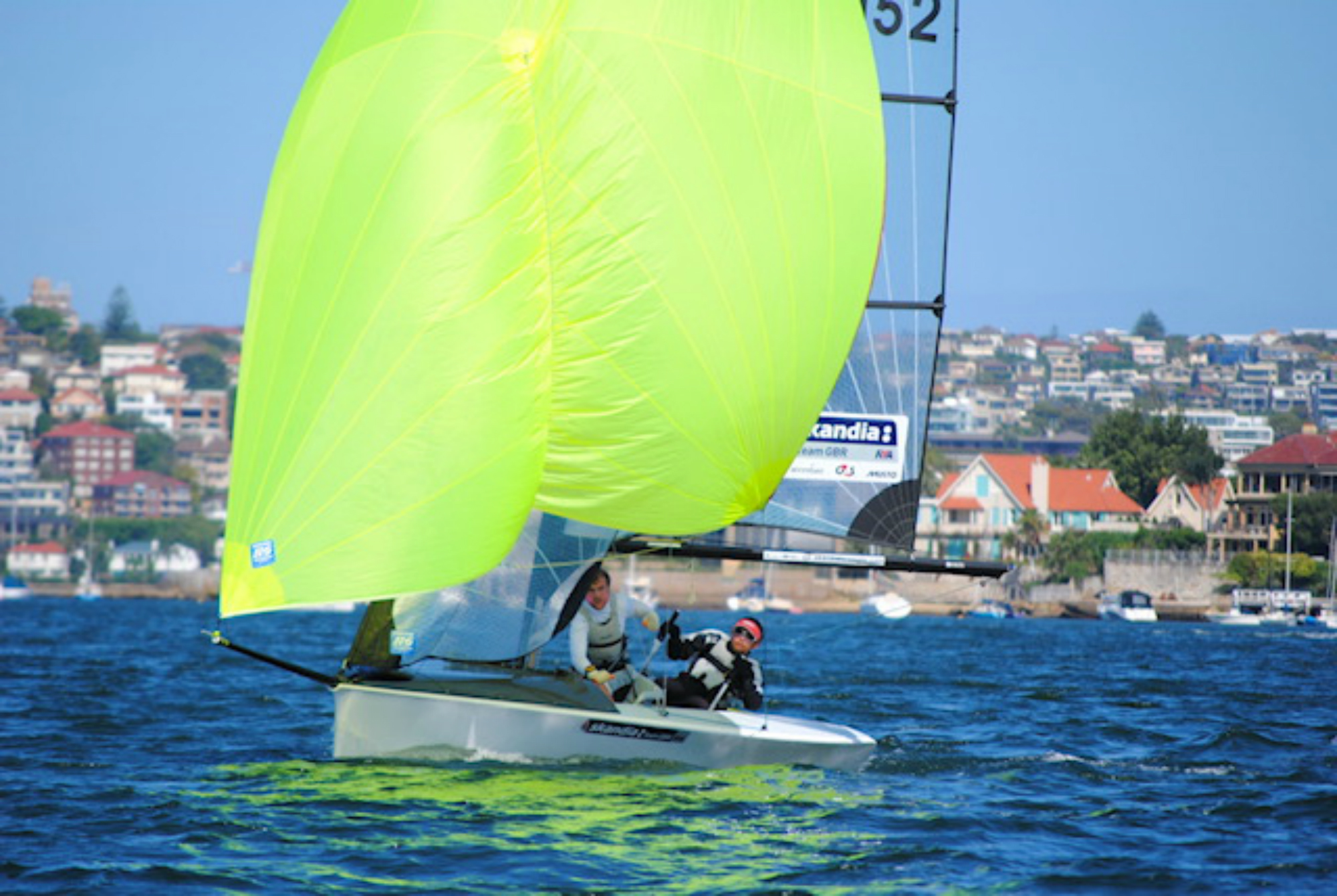
A year later I was contacted by the Royal Yachting Association. They had an opportunity for a partnership with Niki Birrell, an Olympic class sailor with cerebral palsy. The Beijing berth was still available in the SKUD18 and we could trial for it. We won the trials in January 2008 and created a successful partnership over 3 Paralympic Games, Beijing, London and Rio, delivering 2 Paralympic Bronze medals, 5 consecutive World Titles and World Number 1 standing for 6 years.
Life after being a Paralympic sailor was hard Transition-wise. It was as close to the transition from being non- disabled to disabled. Going from having the intensity of one solitary goal and being an elite sports person, to returning to civilian life and trying to re-establish who you are. Now I have turned my passion for environmental work to focusing on Sustainability in Sport, which is, at its core an understanding of the impact of the sports industry on society and the environment. I work for a small consultancy Earth to Ocean where I deliver in-house support for SailGP a global sailing championship. Basically F1 for sailing.
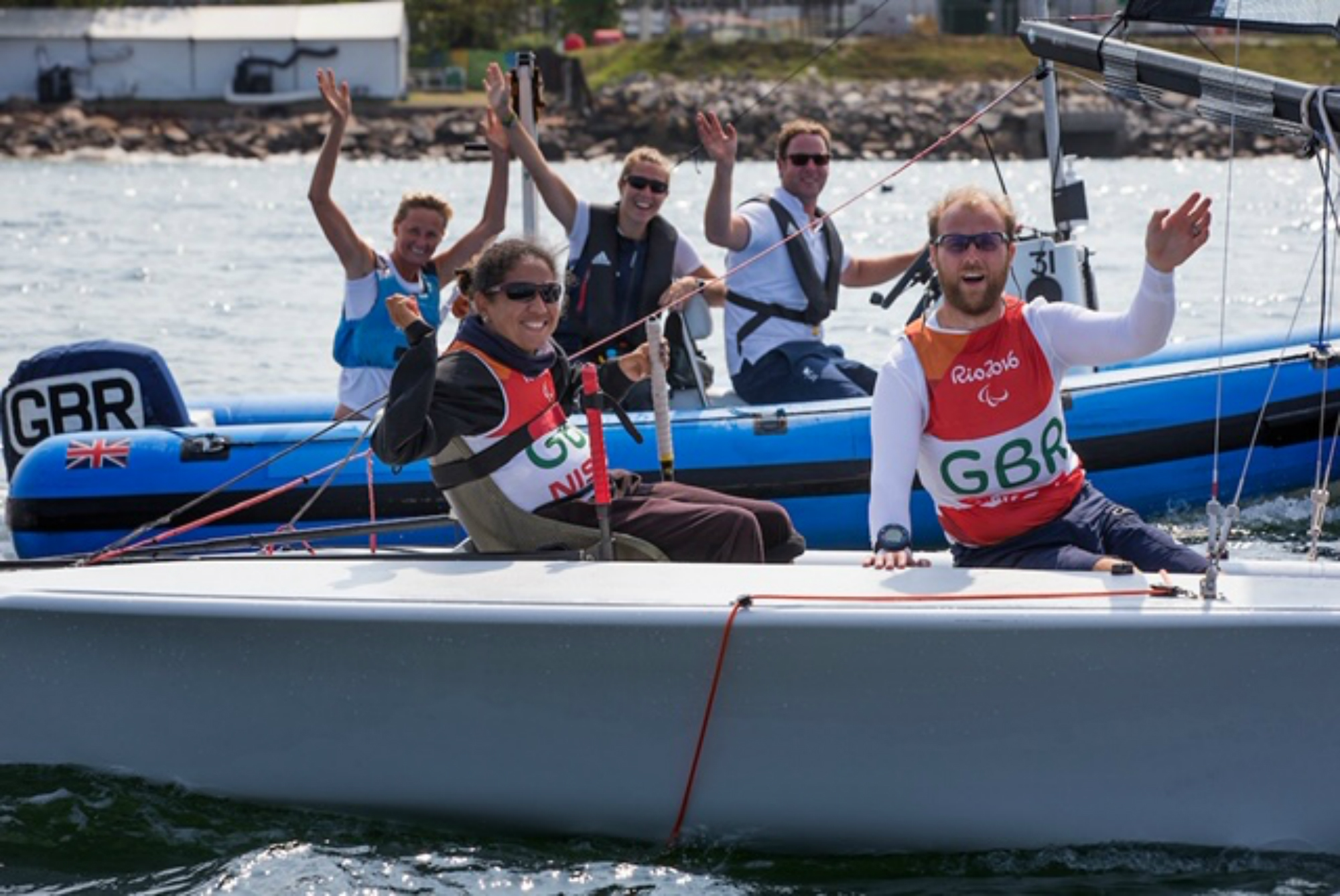
Today 25 years on from my accident, I am reassessing how far I've come and all that I still want to achieve. My transitions have always been extreme from able bodied to disabled, novice sailor to Paralympic medalist, performance athlete to office-based environmentalist. I believe in a ‘challenge accepted’ mentality and that transition provides an opportunity to grow and redefine one’s ‘self’.
In light of Covid I hope that we all can transition to push past the difficulties currently being faced globally to a more equitable existence. Through work and speaking opportunities, I need to play my part as a female, mixed race, disabled human being, in changing the ‘business as usual’ situation. I want my holistic view of sustainability both in sport and further afield to help deliver environmental objectives but also those around diversity and inclusion.
*Follow Alexandra Rickman on Twitter (@ARickham) and Instagram (@ahrickham)
Niamh McCollum is Features Assistant at Marie Claire UK, and specialises in entertainment, female empowerment, mental health, social development and careers. Tackling both news and features, she's covered everything from the rise of feminist audio porn platforms to the latest campaigns protecting human rights.
Niamh has also contributed to our Women Who Win series by interviewing ridiculously inspiring females, including forensic scientist Ruth Morgan, Labour MP Stella Creasy and ITV’s former Home Affairs Editor Jennifer Nadel.
Niamh studied Law in Trinity College Dublin. It was after enrolling in a Law & Literature class on her year abroad in Toronto that her love of writing was reignited. In no particular order, her big likes are Caleb Followill, hoops, red wine, sea swimming, shakshuka and long train journeys.
